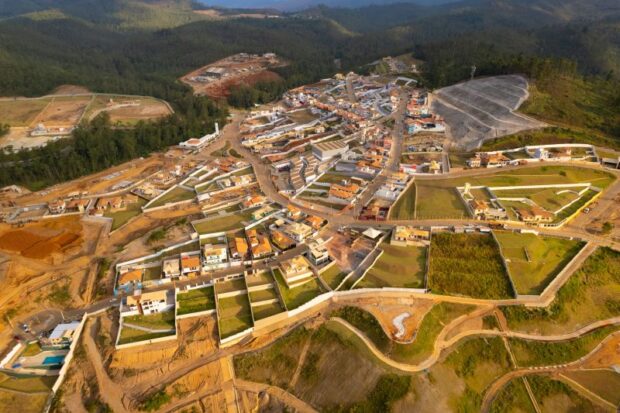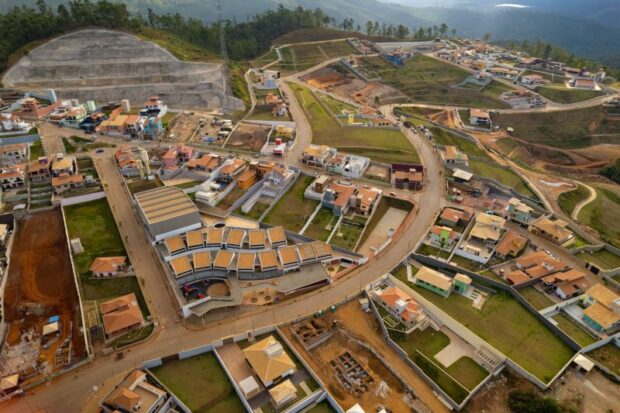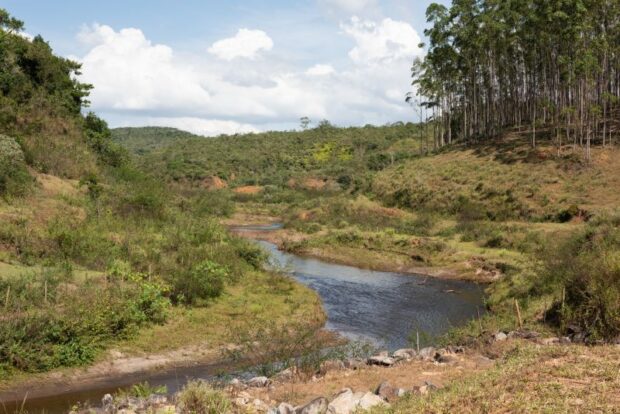The catastrophic collapse of the Mariana Dam in November 2015 sent shockwaves through Brazil and beyond, revealing deep-seated weaknesses in the country’s regulatory framework for mining and environmental protection. This disaster not only claimed lives and devastated entire communities but also unleashed a deluge of industrial waste, wreaking havoc on ecosystems and waterways.
In the aftermath, Brazil faced an urgent reckoning, prompting policymakers to reevaluate and reshape existing laws governing the mining sector. As public outrage mounted, the government was compelled to respond with comprehensive reforms aimed at preventing such a tragedy from occurring again.
These policy shifts, steeped in both urgency and complexity, have sparked debate across various sectors—balancing economic growth with environmental stewardship, ensuring corporate accountability, and reinvigorating the rights of local communities. This article delves into the intricate web of legislative changes that emerged in the wake of the disaster, exploring the implications for Brazils future and the enduring struggle between industrial ambition and ecological preservation.
Overview of the Mariana Dam Incident
The Mariana Dam incident, which occurred in November 2015, was one of the most catastrophic environmental disasters in Brazilian history. When the Fundão tailings dam, owned by Samarco, a joint venture between Vale S.
A. and BHP Billiton, collapsed, it unleashed a torrent of iron ore waste into the Doce River, obliterating entire villages and causing widespread ecological devastation.
This calamity resulted in 19 confirmed fatalities and left untold countless individuals displaced from their homes. In the aftermath, communities were grappling with not just the immediate human toll but also the long-term environmental repercussions, as the once-vibrant river ecosystems faced unprecedented contamination.
The incident highlighted grave deficiencies in regulatory oversight and emergency response protocols, sparking national outrage and prompting calls for significant policy reforms. As Brazil stood at this crossroads, the Mariana Dam disaster became a rallying point, signaling a need for more stringent environmental governance to prevent future tragedies.
Community Engagement and Stakeholder Involvement
In the wake of the Mariana Dam disaster, community engagement and stakeholder involvement emerged as pivotal elements in reshaping Brazil’s regulatory landscape. The tragedy jolted various communities, prompting resilient local groups to band together, form coalitions, and voice their discontent not only with mining practices but also with governmental oversight.
Reconstruction and negotiation became the order of the day; stakeholders – from affected residents to environmental advocates and industry representatives – engaged in heated discussions about accountability and sustainability. This multifaceted engagement was not merely a reaction to calamity; it marked a transformative dialogue that oscillated between despair and hope.
Here, traditional hierarchies were challenged, with grassroots movements gaining unprecedented visibility and influence in policy formulation processes. The discourse often oscillated between emotional testimonies of loss and strategic proposals for future safeguards, illustrating a community that was no longer passive but was actively shaping the policies that would govern its fate.
Advocacy and Civil Society Role Following the Disaster
The Mariana Dam disaster unleashed catastrophic consequences that rippled through communities, sparking a wave of advocacy and galvanizing civil society into action. Grassroots organizations, once fragmented and localized, found strength in unity as they rallied citizens to demand accountability from corporations and the government.
These groups became beacons of hope and resilience, mobilizing a diverse coalition of environmentalists, affected residents, and legal experts. With public forums and protests, they amplified the voices of those most impacted, demanding not just immediate reparations, but also sweeping reforms in mining regulations and environmental protection.
Amid this fervent activism, legal battles erupted, challenging the status quo and compelling policymakers to confront the systemic failures that led to the disaster. Their relentless efforts illuminated the vital role of civil society in holding power accountable, ultimately catalyzing a reevaluation of Brazil’s regulatory frameworks and prioritizing human rights and ecological integrity in the face of profit-driven exploitation.
Conclusion
In conclusion, the Mariana Dam disaster served as a critical turning point for Brazils environmental and industrial policies, prompting a reevaluation of regulations surrounding mining and waste management practices. The catastrophic impact on communities, particularly in Paracatu de Baixo, highlighted the urgent need for more stringent oversight and proactive measures to prevent similar tragedies. As policymakers work to implement reforms aimed at improving safety standards and enhancing corporate accountability, the lessons learned from this disaster must serve as a guiding force for sustainable development.
By prioritizing the protection of vulnerable communities and the environment, Brazil can pave the way for a more responsible approach to industrial growth that honors both human and ecological rights.







